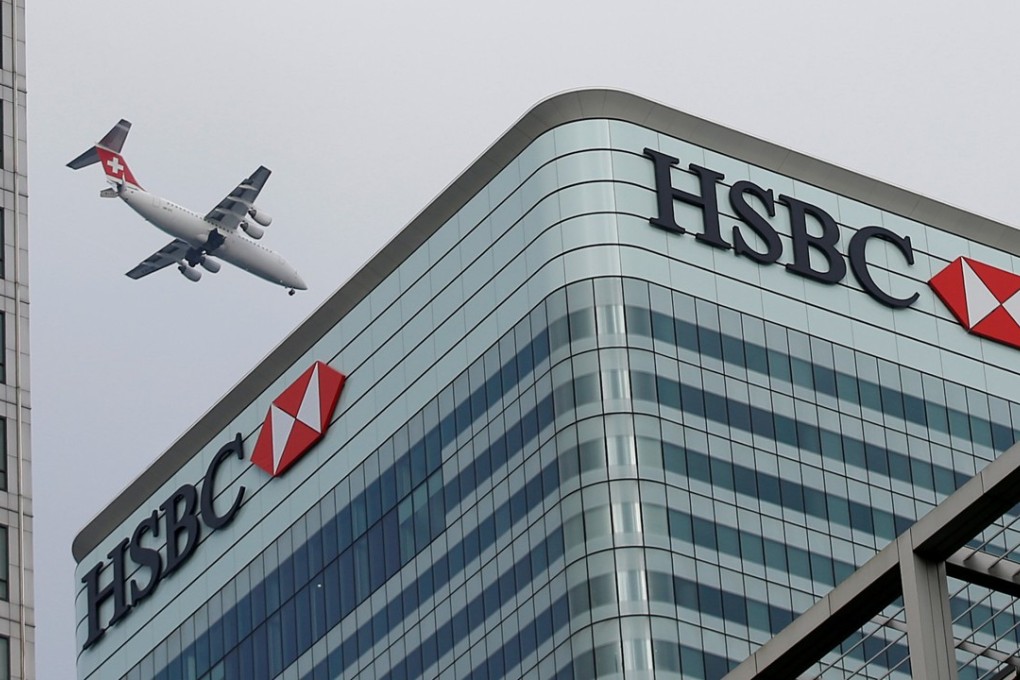Whistle-blower memo calls out poor performance, ‘failure of leadership’ in HSBC’s investment banking unit
Memorandum by unnamed HSBC executives says senior leaders have ‘failed to create a successful strategy’ for its investment bank

A leaked memorandum purportedly written by unnamed HSBC executives has called out its investment banking division, saying there is an “utter failure of leadership” in the business and that senior executives have “failed to create a successful strategy”.
The memo, dated August 25, is being circulated within the investment banking community in London and in Hong Kong, and cites the departure of a number of senior bankers in recent years and the lender’s ranking in annual league tables as a sign of problems within the business.
HSBC eyes Greater Bay Area’s 27 million people in China insurance push
“We are entirely fed up and demoralised, and have no confidence at all in the existing leadership,” said the memo, which was addressed to HSBC Chairman Mark Tucker, chief executive John Flint and the bank’s board. “Unlike any other bank, there is no proper and effective route to provide upwards feedback: hence this memo, which is whistle-blowing on incompetence.”
HSBC, which is based in London but generates more than half of its revenue in Asia, declined to comment on whether it was treating the unsigned memorandum as a whistle-blowing complaint.
But the Financial Times reported on Tuesday that the memo was being reviewed under the bank’s formal whistle-blowing protocol.
“We are proud of our Global Banking business and of what Robin [Phillips, co-head of global banking] and his senior leadership team have achieved over the past few years,” HSBC said in a statement.